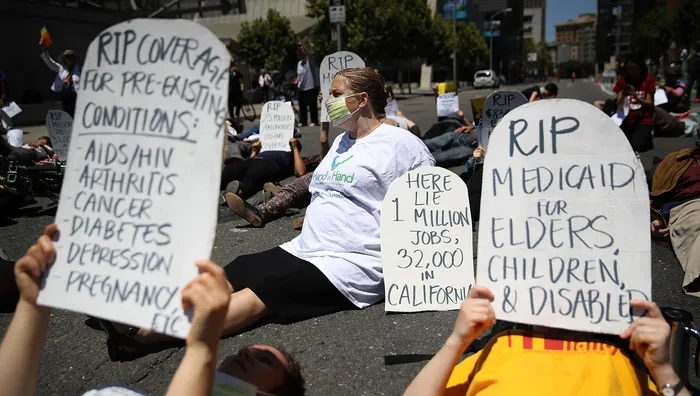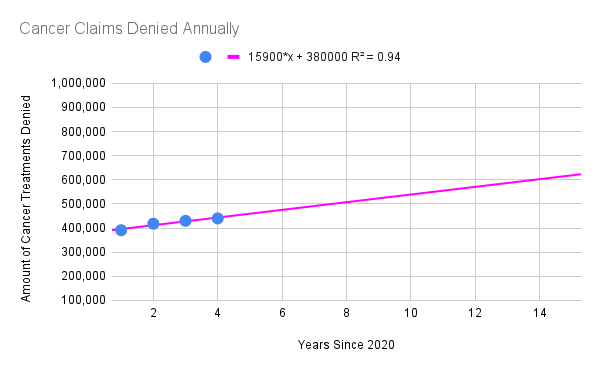Insurance Companies and Their Executives Are Incentivized to Make Profits for Shareholders, Not Care for People
Insurance companies often deny claims and treatments, which often results in death. Around 22% of insurance claims are denied1 and 80% of cancer patients who go bankrupt end up dying2. The reason why insurance companies do this is to raise profits. By denying claims insurance company CEOs can insure that they will end up with a larger profit at the cost of the patient's health. 3. That's why the problem with cancer denials are so important, as it's a difficult problem to solve because it benefits the people who do it.




